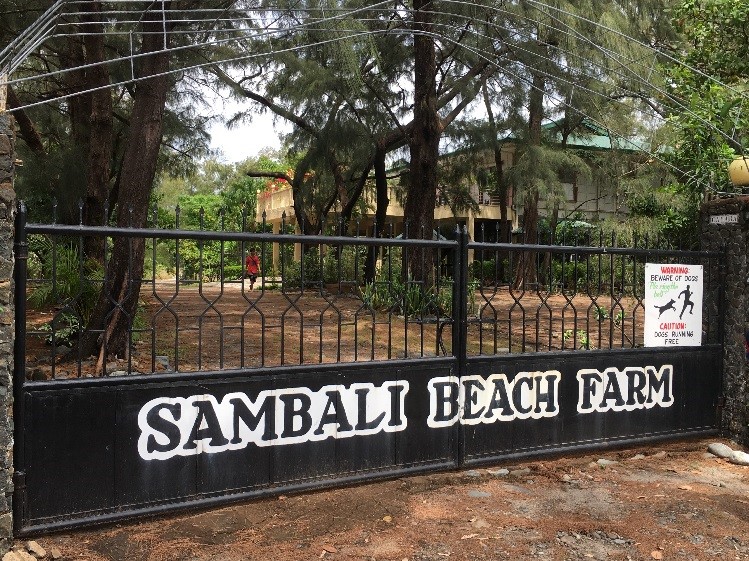
Founded in 2000 by Ching Camara, the farm is an organic, sustainable beach farm that produces various vegetables and livestock. The property spans eight hectares and is set in the local fishing village of Danacbunga in Botolan, Zambales.
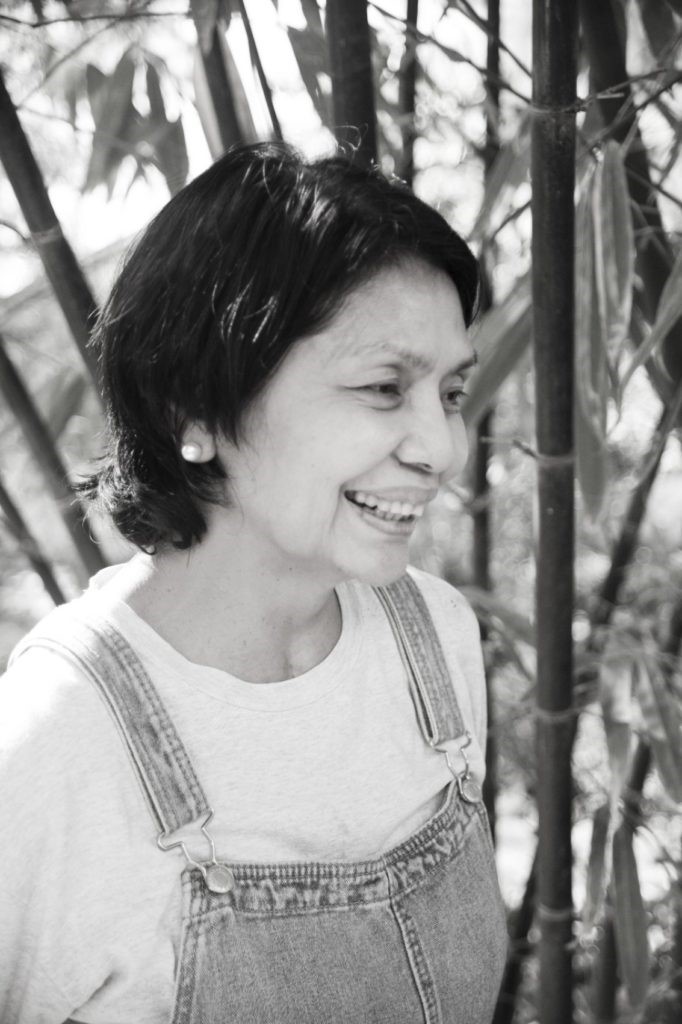
The farm began as a small garden for the beach house, with plants and trees that were useful for the Camara family’s consumption, like edible plants and trees for building materials. Demand for the produce grew gradually over the years and is now a full-fledged beach farm.
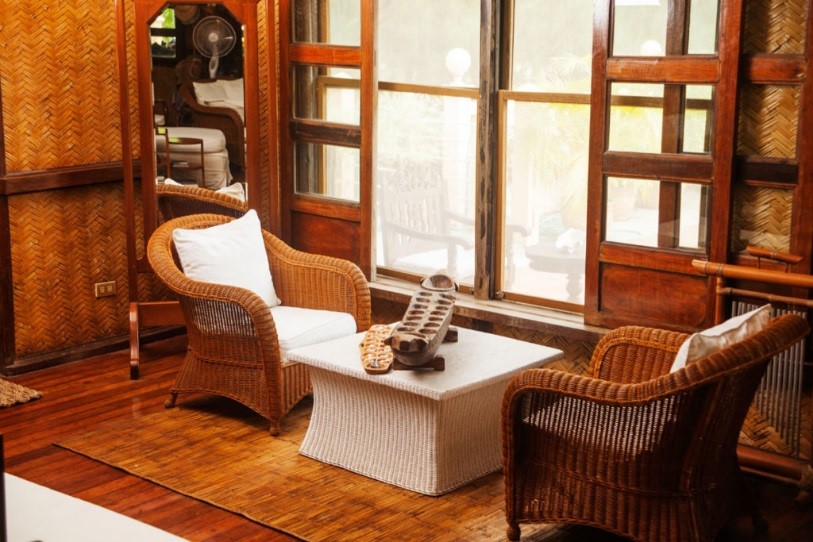

There are a number of things that separate a beach farm from a “normal” farm, one of which is the composition of the land, which allows for less pests. “You just need to recreate the soil and make it rich enough to grow your plants,” Ching says. What makes the beach farm work aside from the soil is the farm’s use of biochar or carbonized biomass, which is agricultural waste made into charcoal. Biochar is used for trapping carbon and other greenhouse gases in the soil, housing microbes that plants use to take in nutrients, and for repelling heat and cooling down beach sand.
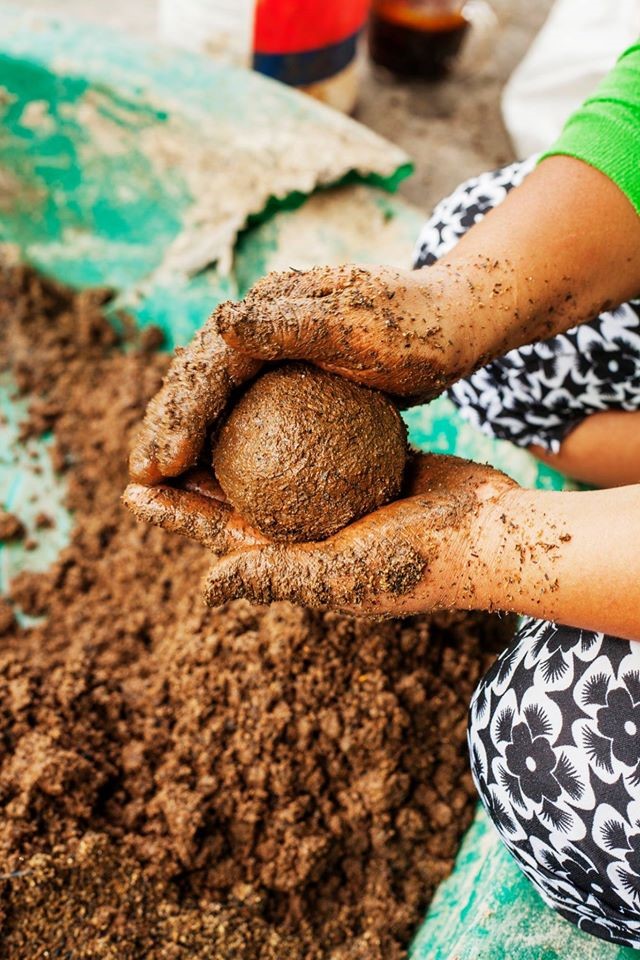
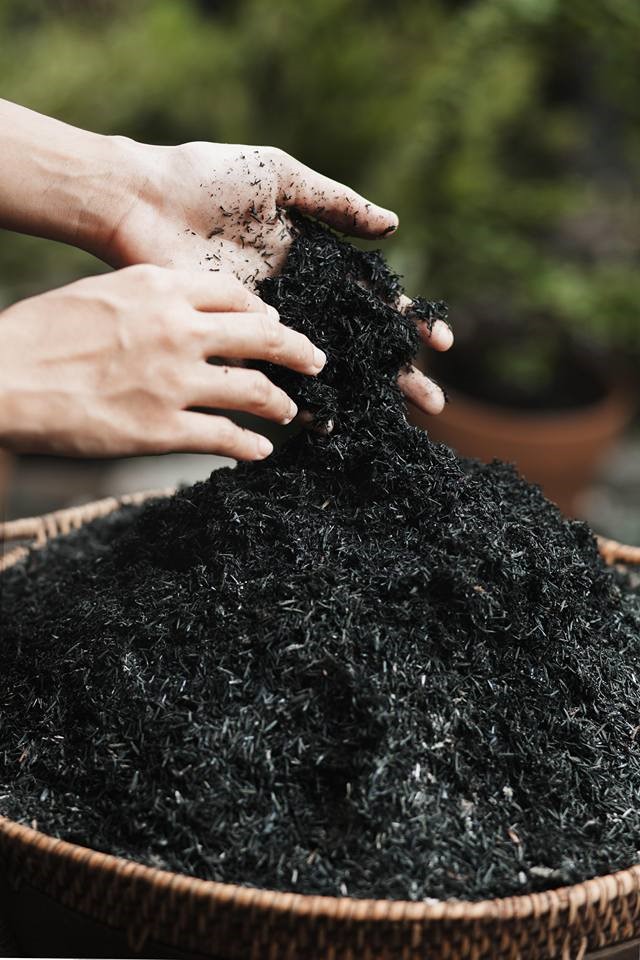
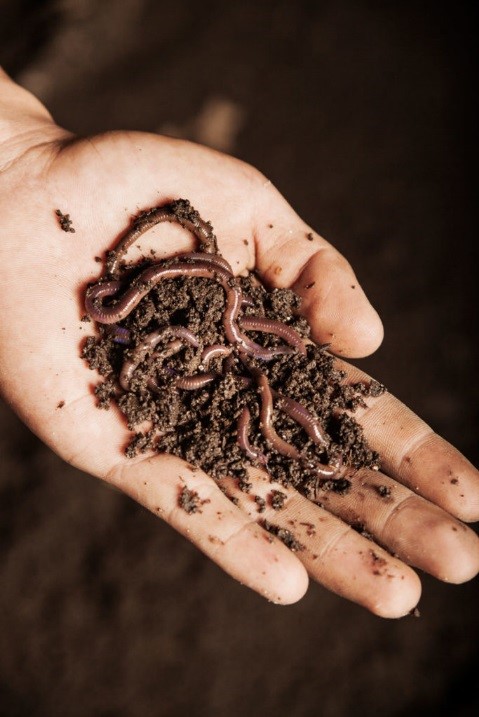
Apart from its advantages in farming, the use of biochar also aids in reducing greenhouse gases, which is one of Sambali Beach Farm’s advocacies. The farm also advocates for the use of bokashi, a process of composting, and vermi-composting, among others. Tours of the farm are also offered to guests and organizations who want to learn about this way of farming. “We usually start with the biochar production and explain what biochar is, and then move on to the different applications—the piggery, poultry, and the vegetable and herb beds,” Ching says.
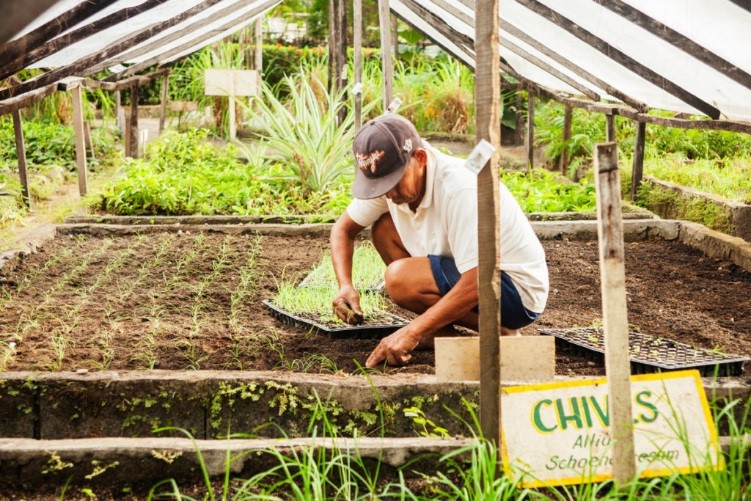
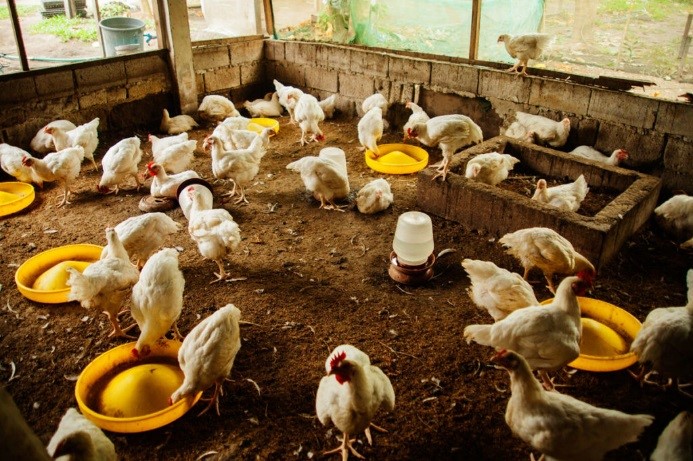
Beyond farming, the farm champions the local farmers of Zambales by providing jobs and training to its staff. “We do a profit-sharing scheme with our household and garden staff,” Ching explains. This scheme extends to the house rental, for which the staff gets a 30 percent cut. Sambali’s farmers also get incentives from volume productions of the vegetables and meats, and the women it employs to slaughter and dress the chickens are paid per piece.
The farm’s goal and vision in the long run is for the farm to be a center for sustainability, healing, and a place where people can go to be with nature, have clean air, and clean food. Artist residencies are also in the works. The bottomline, as Ching explains, is this: “I don’t ever want to make this place a commercial space. I want it to continue to be a private getaway for healing and inspiration.”
Retrieved from sambalibeachfarm.com





